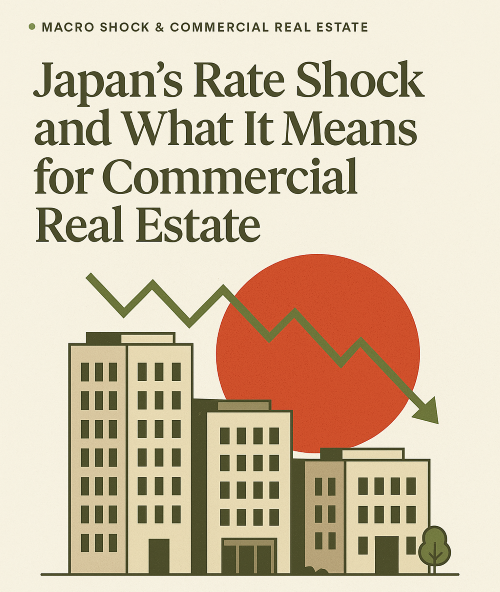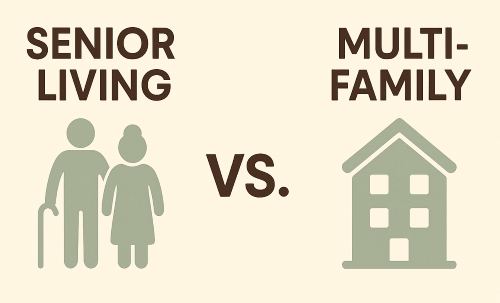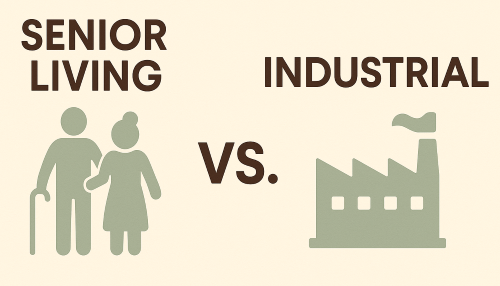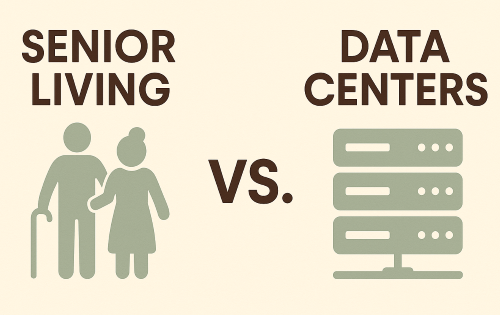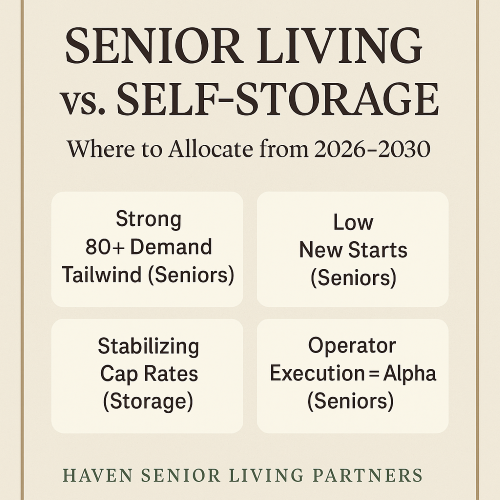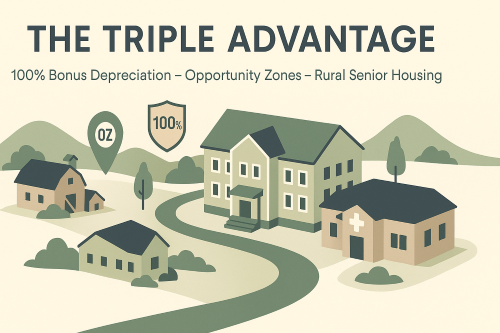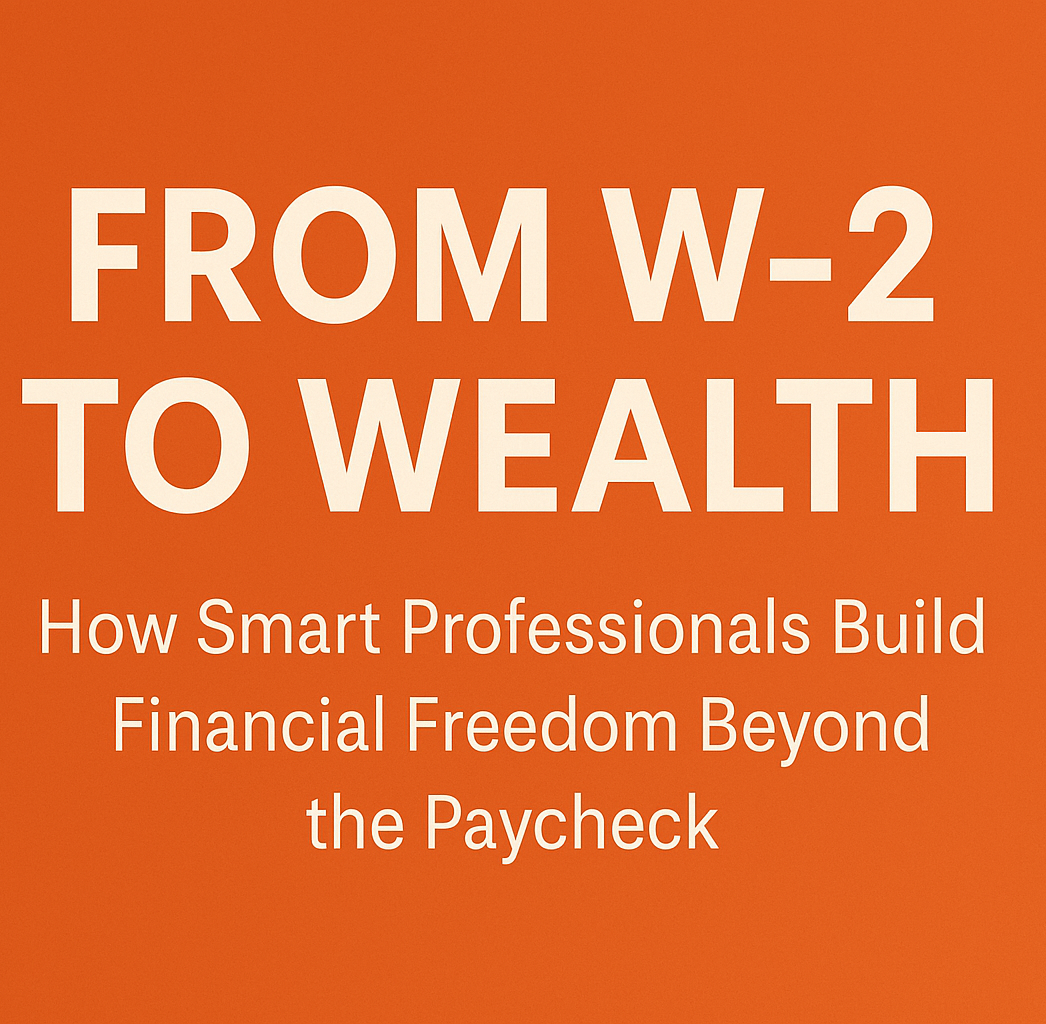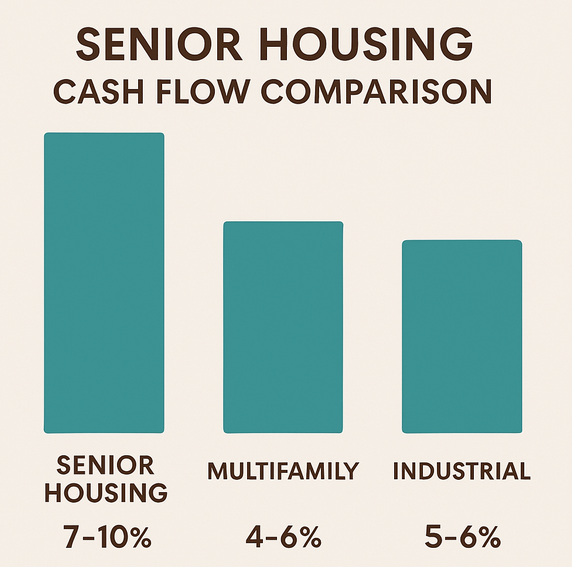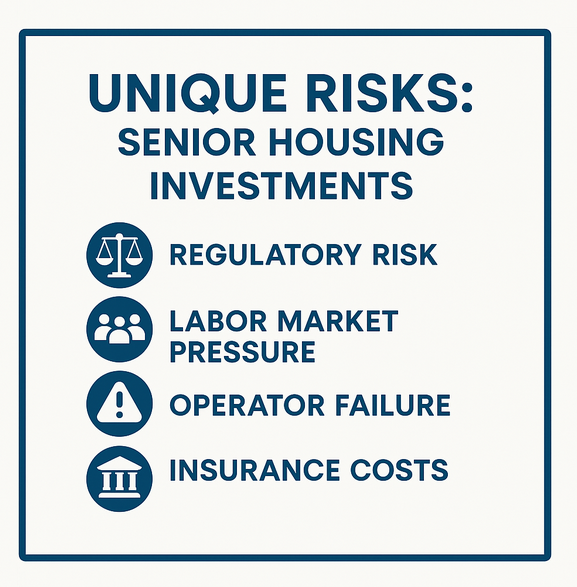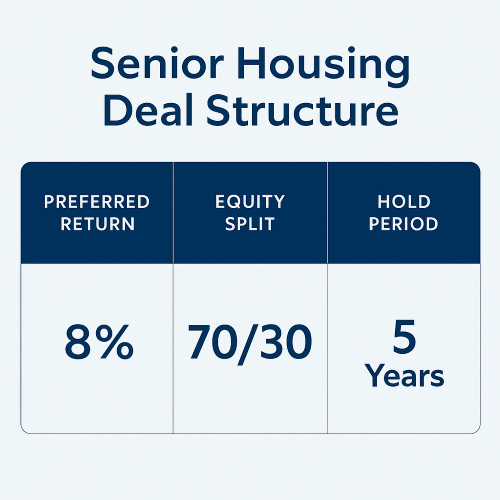Yes—but only in specific situations.
The 1031 exchange is one of the most powerful tools in a real estate investor’s playbook. It allows you to defer capital gains taxes by reinvesting proceeds from the sale of one investment property into another “like-kind” property.
But when it comes to senior housing, things get a bit more nuanced.
Let’s explore when and how 1031 exchanges apply—and when they don’t.
1031 Exchange Basics
A 1031 exchange allows real estate investors to:
Sell an investment property
Reinvest 100% of proceeds into another investment property
Defer capital gains and depreciation recapture taxes
Preserve equity and maximize compounding
It must be:
A “like-kind” exchange (investment to investment real estate)
Completed with a qualified intermediary (QI)
Executed within 180 days, with a 45-day identification window
When Senior Housing Qualifies
You can use a 1031 to invest in senior housing if:
✅ You’re acquiring direct ownership of a senior housing facility (e.g., buying an entire building or property)
✅ You are not investing through an entity that shares ownership (like a syndication or fund)
✅ The asset is used for investment purposes, not personal use or residence
Examples that qualify:
Buying a stabilized assisted living facility
Acquiring a memory care property as a direct owner
Exchanging into a standalone triple-net senior living facility
When 1031 Does NOT Apply
You cannot use a 1031 to invest in:
❌ Syndications or funds structured as LLCs or LPs
❌ REITs or real estate mutual funds
❌ Tenant-in-common (TIC) structures with too much ownership overlap
❌ Any deal where you’re not on the title of real property as a deeded owner
In short: if you’re buying shares or units, not physical property, it won’t qualify.
Alternatives for 1031 Investors
If you want to access senior housing passively but still use 1031 funds:
Delaware Statutory Trusts (DSTs)
1031-compatible fractional ownership
Often include healthcare or senior housing portfolios
Limited control, but full tax deferral
UPREIT Transactions (for REIT investors)
Exchange property for Operating Partnership units
Complex and limited to institutional sponsors
Cash-out and reinvest passively
Pay capital gains, but move funds into a syndication or fund
Gain passive income, depreciation, and upside
- Deferred Sales Trust
✅ What You Can Do With Haven
At Haven Senior Living Partners, our syndicated offerings do not qualify for 1031 exchange—but:
We work with partners who structure DSTs
We help sellers of senior housing assets defer gains via 1031
We offer passive investment opportunities for proceeds post-1031
If you’re selling a property and want to explore senior housing, we’ll help you determine if a direct purchase, DST, or passive investment is the best next move.
Talk to Our Team to get tailored 1031 guidance and access our curated senior housing network.



